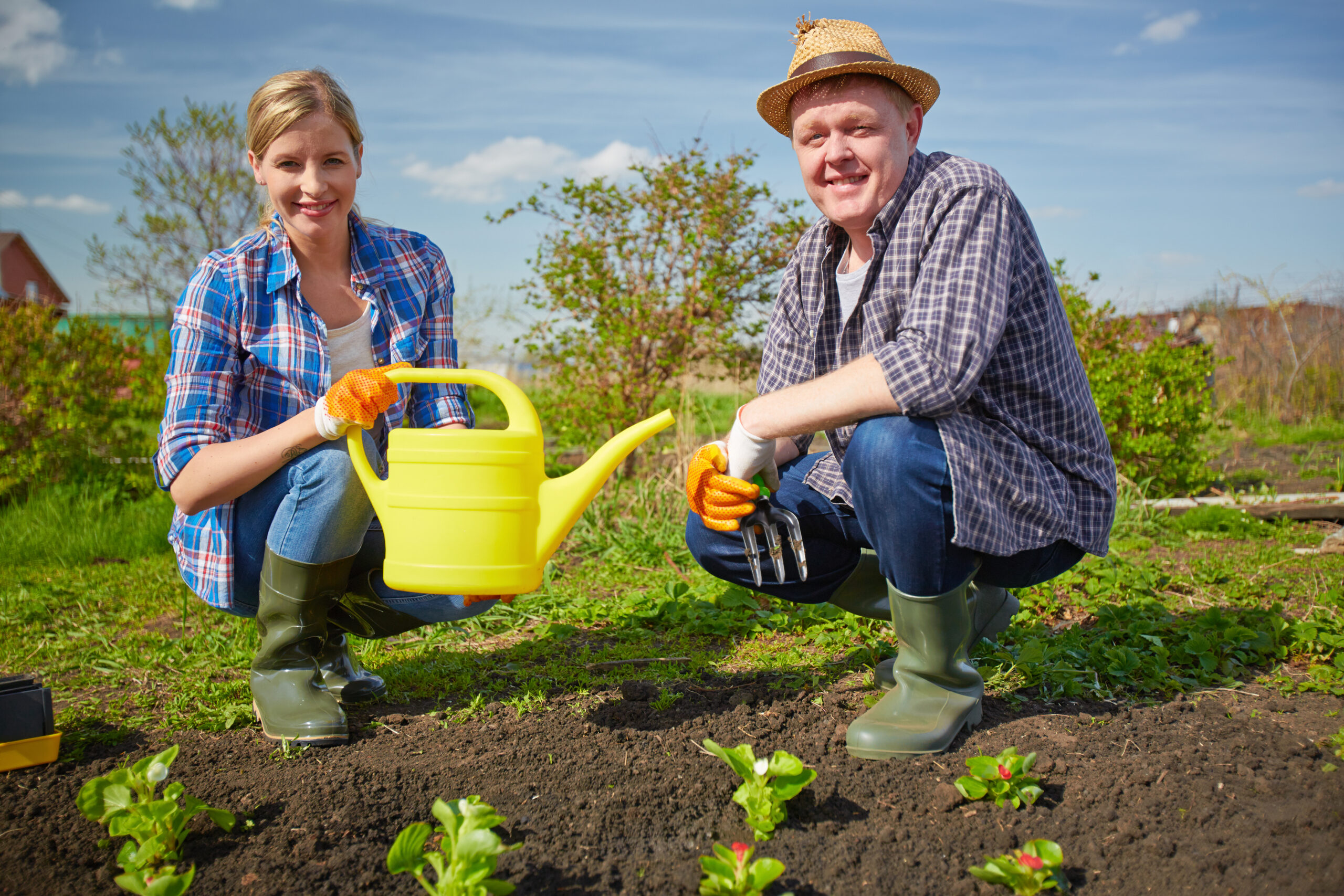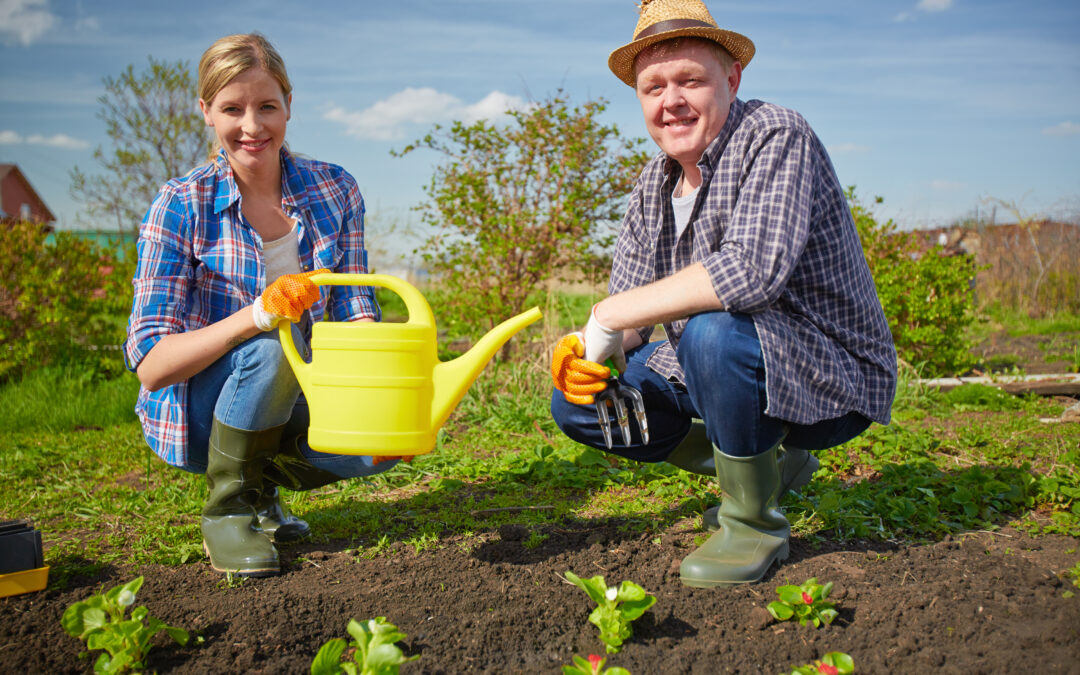Are you ready to start your own home farm? If so, this article is for you! Home farming has become increasingly popular in recent years as people seek out ways to live more sustainably and reduce their carbon footprint. In this post, we’ll cover everything you need to know about starting your own home farm, from choosing the right plants and animals to harvesting and preserving your crops. Let’s get started!
Introduction to Home Farming:
Home farming can be a fun and rewarding way to grow your own food and create a self-sufficient lifestyle. Whether you have a small backyard or several acres of land, there are endless possibilities when it comes to growing your own produce. One of the best things about home farming is that it allows you to control what goes into your food and how it’s grown. You can choose organic seeds and avoid using pesticides and other chemicals that may harm the environment.
Choosing the Right Plants and Animals:
When it comes to selecting which plants and animals to raise on your home farm, there are many factors to consider. First, think about the climate and soil conditions in your area. Some plants thrive in certain environments while others struggle. It’s also important to research which animals will do well in your region and fit with your overall goals for your home farm. For example, if you want to focus on raising chickens for eggs, you might not want to invest in cattle or sheep.
Building a Sustainable Ecosystem:
One key aspect of successful home farming is building a sustainable ecosystem. This means creating an environment where all parts work together to support each other. For instance, you could plant nitrogen-fixing legumes near your vegetables to help improve soil health and provide natural fertilizer. You could also attract beneficial insects like ladybugs and lacewings to your garden to help control pests without resorting to chemicals.
Harvesting and Preserving Your Crops:
Once your crops are ready to harvest, it’s time to reap the benefits of your hard work! Make sure to harvest at the peak of ripeness to ensure maximum flavor and nutrition. Depending on the type of crop, you may want to freeze, can, dry or ferment your harvest to extend its shelf life. By doing so, you’ll be able to enjoy fresh, homegrown produce throughout the year.

In conclusion, starting your own home farm can be both fulfilling and challenging. With careful planning, research, and attention to detail, you can create a sustainable ecosystem that provides fresh, healthy food for you and your family. Good luck on your home farming journey!





